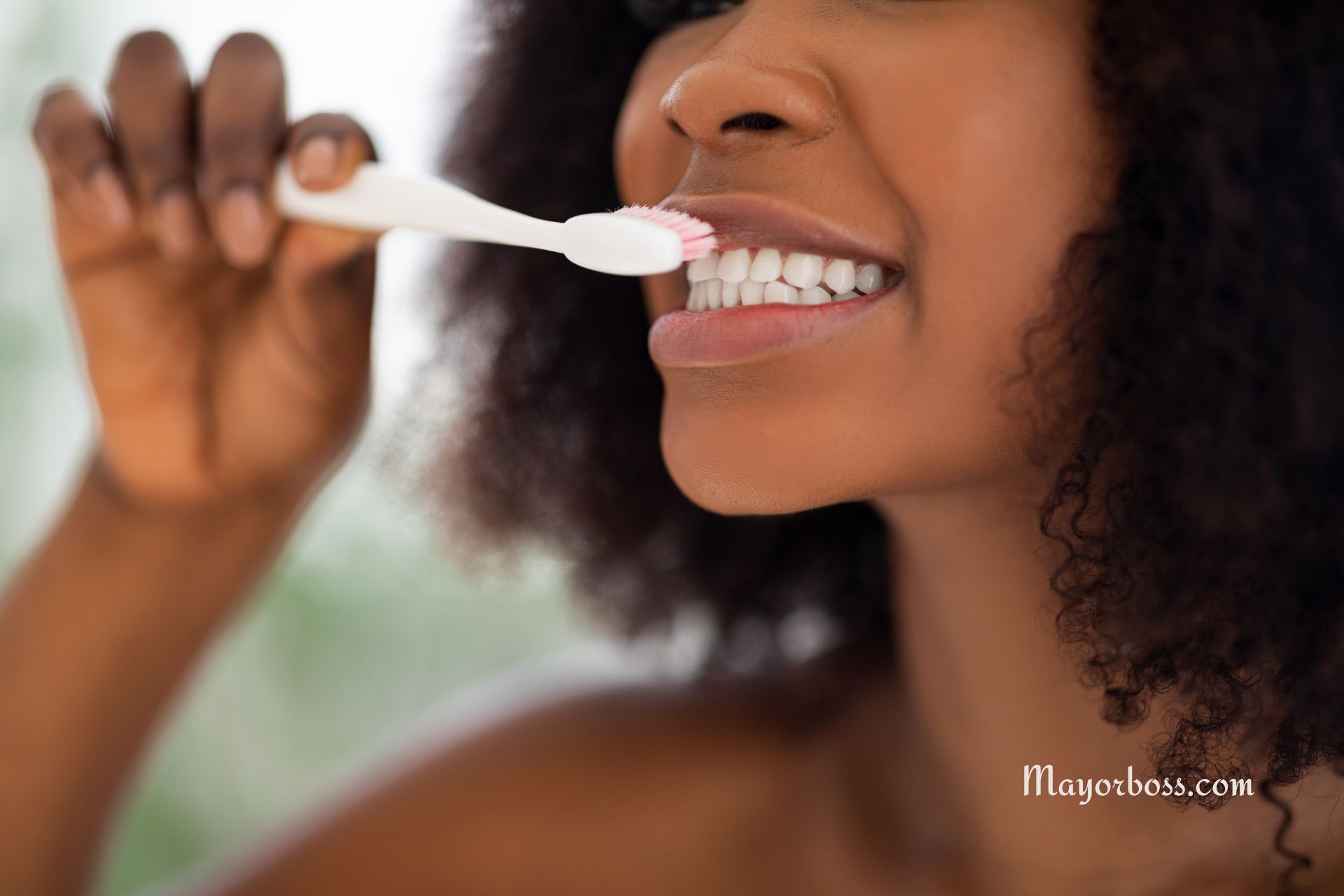Should You Brush Your Teeth Before or After Breakfast?
Brushing your teeth is a fundamental part of daily hygiene, but when’s the best time to do it? Before breakfast or after? The simple truth is: this debate has been around for ages, and opinions differ widely. In this article, we will tell you the science and expert advice to determine what’s truly best for your dental health.

Brushing Before Breakfast Has Its Benefits
Brushing your teeth before breakfast can be quite advantageous. According to the American Dental Association (ADA), brushing first thing in the morning helps remove plaque and bacteria that accumulate in your mouth overnight. By getting rid of these before you eat, you’re less likely to ingest them along with your food.
Moreover, the fluoride in toothpaste acts as a protective barrier against the acids in food and drinks. This barrier can be especially useful if you consume acidic items like coffee, juice, or fruit for breakfast. Fluoride makes your enamel stronger, reducing the risk of tooth decay and sensitivity.
Brushing After Breakfast Seems Practical Too
On the other hand, brushing after breakfast might seem more logical. After all, cleaning your teeth after eating ensures that any food particles left behind are removed. However, there’s a caveat. According to the Mayo Clinic, brushing immediately after eating acidic foods can actually damage your enamel. When your enamel is softened by acids from food, brushing can wear it away, leading to sensitivity and decay.
So, if you decide to brush after breakfast, it’s best to wait at least an hour. This waiting period allows saliva to neutralize the acids and re-harden the enamel, making it safe to brush.
What Experts Recommend
Most dental experts agree on a balanced approach. The Centers for Disease Control and Prevention (CDC) recommends brushing twice a day with fluoride toothpaste and maintaining a regular dental check-up schedule. While the CDC doesn’t specifically endorse brushing before or after breakfast, it emphasizes the importance of removing plaque and bacteria to prevent gum disease and tooth decay.
Making the Best Choice for Your Routine
Choosing whether to brush before or after breakfast can depend on your daily habits and dietary preferences. If you typically have acidic foods for breakfast, brushing beforehand might be safer. But if your breakfast is more neutral, brushing afterward could be effective as long as you wait the recommended one hour.
Practical Tips for a Healthier Smile
- Drink Water After Eating: If you prefer brushing after breakfast but can’t always wait, rinse your mouth with water right after eating. This helps wash away some acids and food particles.
- Chew Sugar-Free Gum: Chewing sugar-free gum after meals produces saliva production, which generally helps neutralize acids and protect your teeth.
- Consistent Routine: Whatever you decide, consistency is key. Brush twice daily, floss regularly, and visit your dentist for routine check-ups.
FAQs
Should I brush my teeth right after eating?
No, it’s best to wait at least 30 minutes after eating, especially if you’ve had acidic foods or drinks. This waiting period allows your enamel to harden again, making brushing safer.
Is it bad to brush my teeth before breakfast?
Not at all. Brushing before breakfast helps remove overnight plaque and bacteria. Plus, the fluoride in toothpaste can protect your teeth from breakfast acids.
Can I use mouthwash instead of brushing after breakfast?
Mouthwash can be a good temporary solution if you can’t brush right away. However, it shouldn’t replace regular brushing and flossing as it doesn’t remove plaque effectively.
In conclusion, whether you brush your teeth before or after breakfast depends on your personal preferences and habits. By considering the science behind it and following expert recommendations, you can ensure your dental health is in top shape. So, next time you pick up your toothbrush, think about what works best for you and your smile.
